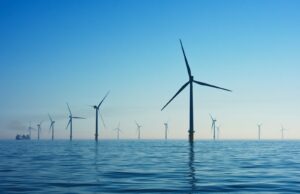Nearly 2.8 billion people around the world still cook with traditional polluting fuels and technologies, according to a new report published by the World Bank.
Based on a 71-country sample of 5.3 billion people, the report found that the rate of access to modern sources of energy for cooking stands at 10% in Sub-Saharan Africa, 26% in East Asia and 56% in Latin America and the Caribbean.
The findings revealed that in many countries the low access to clean energy is driven by high costs, low awareness and low availability of fuels due to underdeveloped infrastructure.
The report also suggests that while the number of households using fuels such as liquefied petroleum gas and electricity has grown over the past decade, the number of people cooking with wood fuels, charcoal and coal has also increased.
Analysts estimate that approximately £117bn is needed every year to achieve global access to clean energy cooking technologies by 2030.
Makhtar Diop, World Bank Vice President for Infrastructure, said: ‘Lack of progress in clean cooking is driven by adverse impacts on health, climate and gender equality. Women bear a disproportionate share of this cost in the form of poor health and safety, as well as lost productivity.
‘This toll may increase in the ongoing pandemic as household air pollution, resulting from the use of highly polluting fuels and stoves may make exposed populations more susceptible to Covid-19 and other respiratory diseases.’
Photo Credit – Pixabay
















